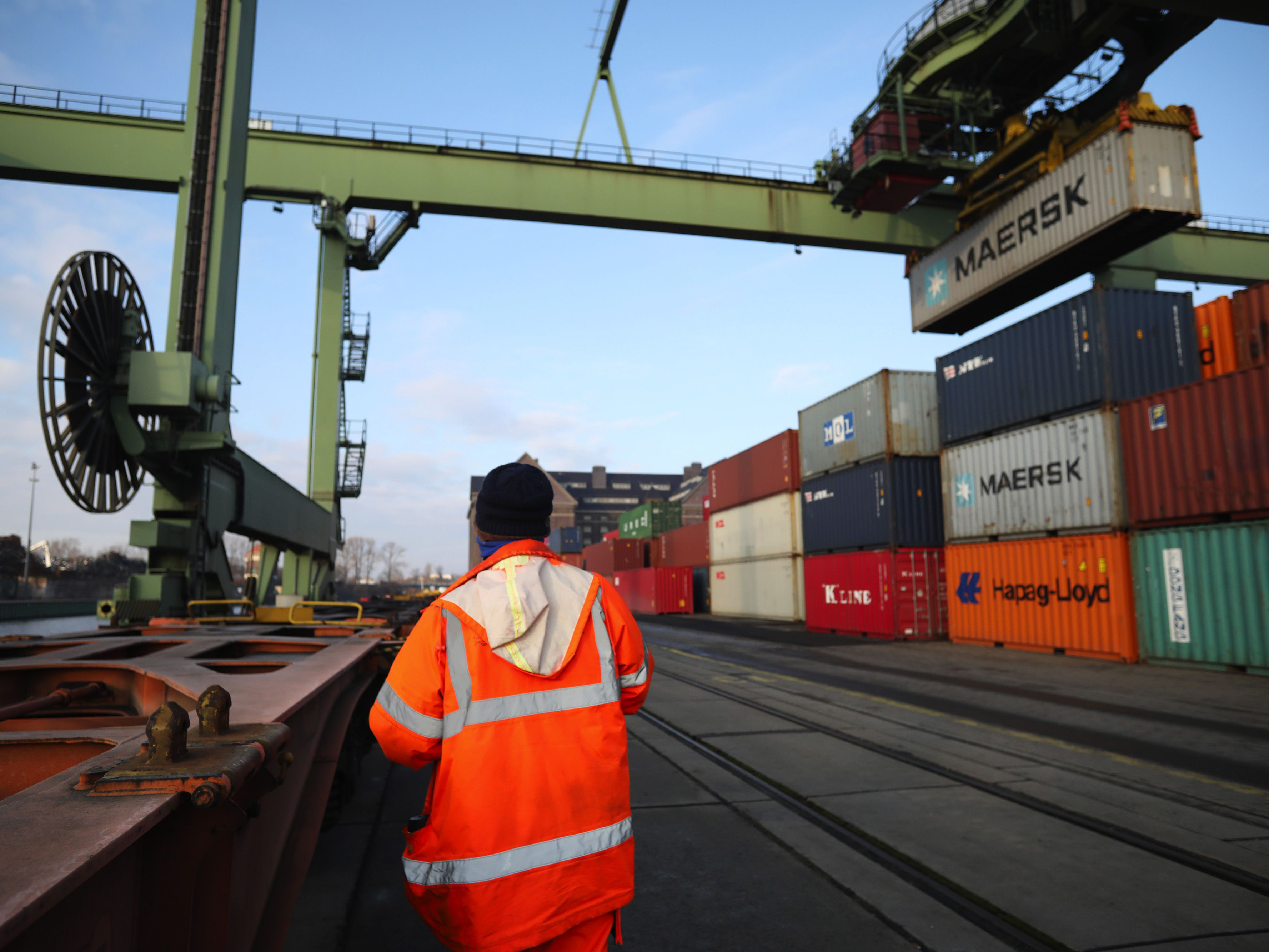
Visit Our Sponsors |
|
|
|
|
|
|
|
|
|
|
|
|
|
|
|
|
|
|
|
|
|
|
|
|
|
|
|
|
|
|
|
|
|
|
|
|
|
|

With a near-record 75 container ships waiting outside the U.S.’s largest port complex in southern California, unionized dockworkers have strengthened their indispensable role in the supply chain.
Facing high import volumes, the ports of Los Angeles and Long Beach are ramping up to 24/7 operations to help ease the congestion that experts say could continue well into next year. The San Pedro Bay ports are also levying a surcharge on ocean carriers whose containers languish too long.
But the expiration of about 15,000 West Coast dockworkers’ contracts next summer could throw a wrench in plans to clear the backlogs at the two ports that both rank in the bottom 25 of the World Bank and IHS Markit’s 351-member Container Port Performance Index.
The International Longshore and Warehouse Union represents employees at the 70 ocean carriers and terminal operators for which the Pacific Maritime Association is a broker. When they last got together to discuss contracts in 2014, West Coast ports faced months of slowdowns. With the labor movement regaining momentum across the country — emboldened by soaring company profits and renewed respect for essential workers after the pandemic — both sides could clash ahead of the July expiration date.
Here’s a look at what’s at stake:
When do contracts expire?
The contracts are due to expire on July 1, 2022. Originally set to end in 2019, the contracts were extended for three more years after roughly two-thirds of union members voted to lengthen them to avoid cargo disruptions in exchange for higher wages and pensions.
Who’s involved?
The contracts apply to about 15,000 ILWU members, including longshore workers, marine clerks and foremen employed at 29 West Coast ports, from Washington state’s northernmost port of Bellingham to San Diego, near the border with Mexico. The two negotiators behind the contract are the ILWU and the PMA.
“With supply chain congestion expected to continue well into next year, we are hopeful this cooperation can extend to the contract negotiations to take place between the PMA and ILWU,” the PMA said in a statement. The ILWU is “fully focused” on moving cargo quickly and safely at the moment, it said in a separate statement.
“The interruption that they had the last negotiation was very horrible for the West Coast corridor,” said Danny Wan, executive director at the Port of Oakland. “I think it’s to everybody’s advantage — ILWU, PMA, the ports — that there will not be another interruption of service this time around.”
Long Beach Executive Director Mario Cordero said he’s optimistic there won’t be a “repetition of what we’ve seen previously.”
What’s the state of automation?
On top of wages and benefits, automation has long been a key point of contention in ILWU-PMA negotiations, although new technologies have increasingly gained space in labor contracts.
The 2002 contract introduced new technologies such as scanners and character-recognition technology, while the 2008 one explicitly authorized automation. The most recent pact, whose disputes turned into nine months of slowdowns that only ended after the Obama administration intervened, has further extended automation’s role at the ports.
The latest episode in the automation dispute happened in May, when Total Terminals International LLC announced its intentions to fully automate its Long Beach operations. The ILWU strongly opposed the project, which would result in a fourth automated terminal at San Pedro Bay.
“Robots don’t pay taxes, people do,” said ILWU Local 63 President Mike Podue, who represents marine clerks at the ports of Los Angeles and Long Beach. The basic “straight-time” hourly wage for longshoremen is $46.23, according to the latest ILWU-PMA contract.
Automation “is the sword of Damocles hanging over everything right now in the labor renegotiation in the spring of 2022,” said Sal Mercogliano, associate professor of maritime history at Campbell University in North Carolina.
Negotiations for a new contract haven’t officially started, according to sources familiar with the matter.
RELATED CONTENT
RELATED VIDEOS
Timely, incisive articles delivered directly to your inbox.

